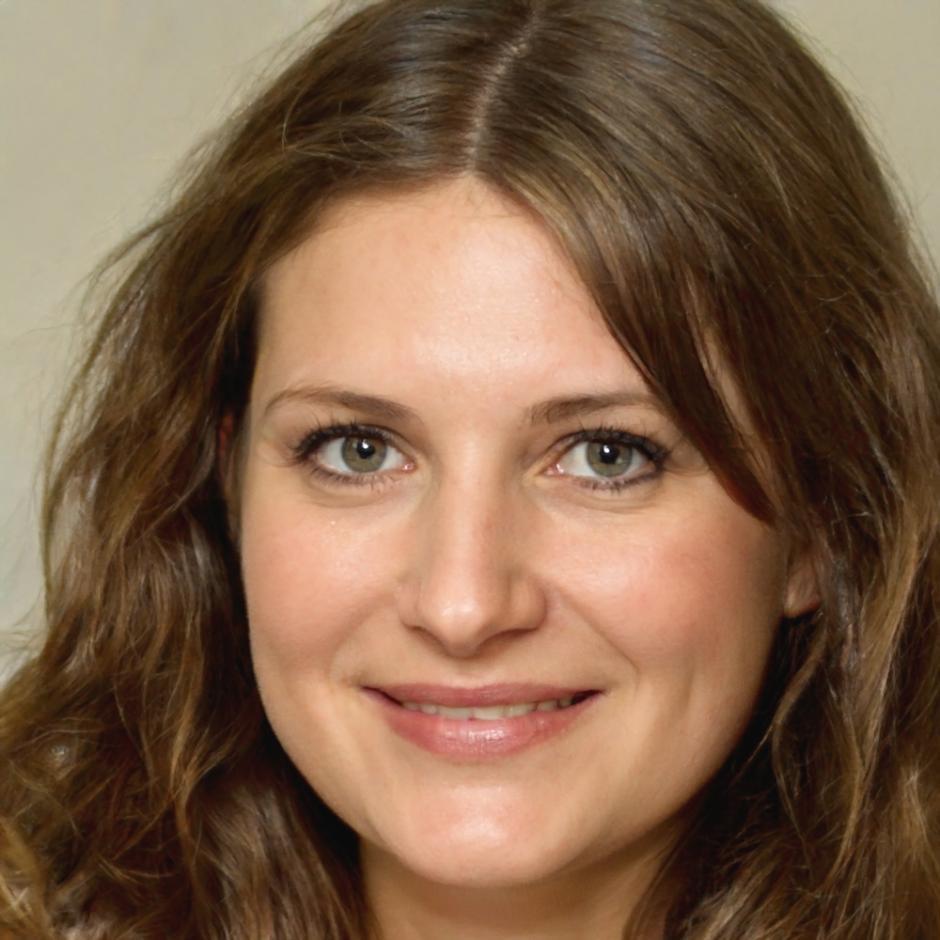Financial Foundations for Australian Startups
We work with founders who need more than spreadsheets. Building a startup means understanding cash flow, investor expectations, and how to plan for growth without losing your shirt.

Funding Isn't One-Size-Fits-All
Most founders think they need venture capital right away. But seed funding, angel investment, and bootstrap strategies each fit different business models. We spend time figuring out which path actually makes sense for your startup.
of Australian startups we worked with in 2024 chose alternative funding over traditional VC
Capital Stages That Match Your Growth
Pre-Seed
You've got an idea and maybe a prototype. Focus here is proving concept viability with minimal burn.
Seed Round
Product-market fit is showing signs. Time to build a proper runway and hire the right people.
Series A
Revenue is coming in. Now it's about scaling operations and entering new markets strategically.
Growth Stage
You're past proving it works. Focus shifts to optimizing margins and building sustainable systems.
How We Actually Help Founders
Financial planning for startups isn't about complex models. It's about making informed decisions when resources are tight and stakes are high.
Realistic Burn Rate Planning
Most founders underestimate their monthly expenses by 30-40%. We map out actual costs including the hidden ones.
Example: A Sydney fintech we worked with discovered their AWS costs would triple once they scaled to 10,000 users. We adjusted their runway accordingly.
Investor-Ready Financials
VCs want to see unit economics and cohort analysis, not just revenue projections. We prepare the data that matters.
Example: A Brisbane SaaS startup got three term sheets after we restructured their pitch deck to highlight CAC payback period instead of vanity metrics.
Milestone-Based Budgets
Break your runway into achievable milestones. This makes pivot decisions clearer and fundraising conversations easier.
Example: A Melbourne healthtech company restructured their 18-month budget into six quarterly milestones, which helped them secure bridge funding when initial traction was slower than expected.

Why Cash Flow Kills More Startups Than Bad Ideas
You can have a brilliant product and paying customers but still run out of money. It happens when invoice payment terms don't match your expense schedule.
We've seen Australian B2B startups with $500K in annual contracts fail because their clients paid on 60-day terms while payroll hit every two weeks. That's not a business model problem, it's a cash flow management problem.
Our financial modeling accounts for payment delays, seasonal revenue fluctuations, and emergency buffer requirements that most founders forget about until it's too late.
The Reality of Startup Valuations in 2025
Valuations have cooled significantly from the 2021 bubble. Australian investors are more cautious now, asking harder questions about path to profitability.
This actually helps serious founders. The startups raising money in 2025 have solid unit economics and realistic growth plans. Less competition from hype-driven projects means real innovation gets noticed.
We help you position your startup with metrics that demonstrate sustainable growth potential rather than chasing inflated valuations that create problems in later rounds.

People Behind the Numbers

Callum Braeburn
Senior Financial Strategist
I spent seven years in venture capital before joining corsanivoleq. Seeing both sides taught me that founders need translators, not just accountants. Most financial jargon is unnecessary complexity.

Nessa Kirkwood
Startup Advisory Lead
My first startup failed because we didn't understand our burn rate. Second one succeeded because we obsessed over every dollar. Now I help founders avoid the mistakes I made and recognize opportunities I missed.